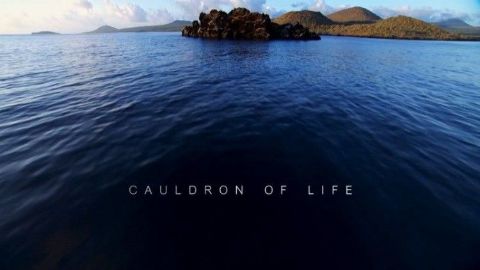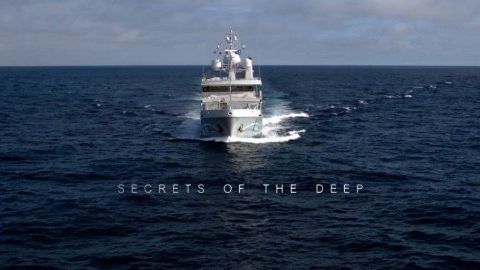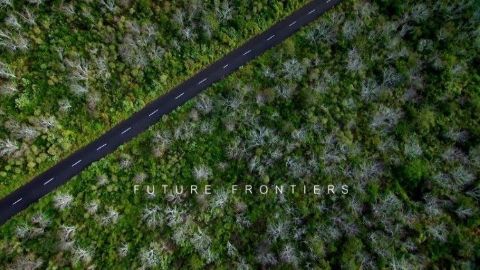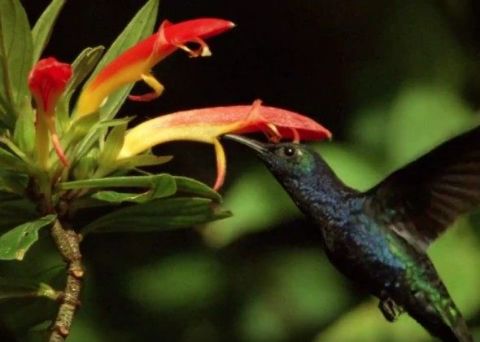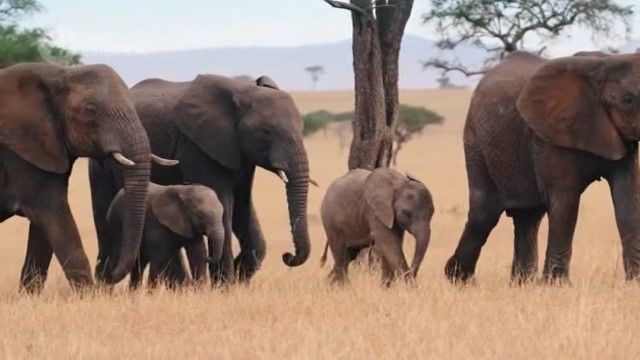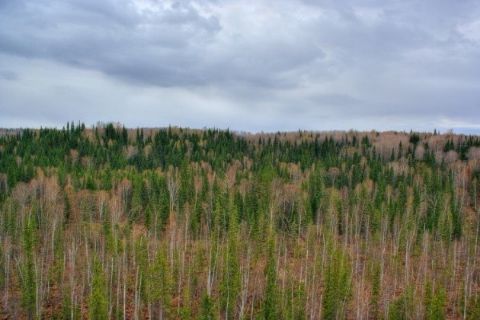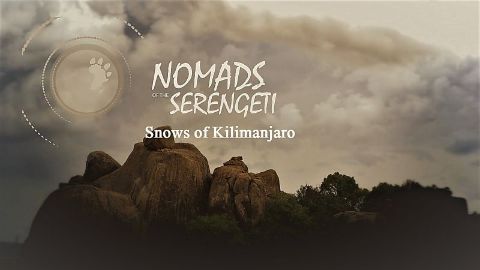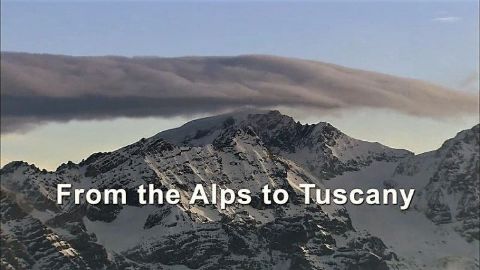Galapagos with Liz Bonnin • 2017 • 3 episodes •
The journey begins on the Galapagos' west side at the youngest and most volcanically active islands in the archipelago, Isabela and Fernandina, which are home to a richly diverse wildlife scene. Here, Liz and the team journey into the clouds above Wolf, the tallest volcano in the Galapagos, where they join a group of biologists hunting for the elusive pink iguana, which teeters on the edge of extinction. But how and why did it come to live on the top of a volcano? Back on the research vessel, Liz boards Alucia's Triton submersible to descend a kilometre into the ocean abyss in search of a new species hiding in the darkness. Liz also travels to one of the most remote locations in the Galapagos, Alcedo Volcano, in search of the largest population of giant tortoises. Plagued by drought in recent months, scientists are keen to find out how this prehistoric species has fared. Finally, Liz helps out with a groundbreaking science experiment to x-ray marine iguanas that have so far stunned the scientific community with a new mutation. As with all life on these remote islands, the key to survival is adaptation.
2017 • Nature
The team set off beneath the waves to explore this spectacular archipelago. It is an exciting opportunity for the team to delve into a world that still largely remains a mystery to science. Venturing down in the Nadir, a specially equipped deep sea submersible, Liz goes in search of an elusive ocean giant, the mola, or sunfish, to understand more about its little-known behaviour in the deep. On the way back to the Alucia, Liz checks in on a playful sea lion population to see how they have been affected by a recent extreme weather event, El Nino. Back on board the Alucia, the team sets sail north for the most remote and inhospitable islands in the Galapagos - Wolf and Darwin. Here, Liz joins the team tagging and tracking hammerhead sharks that school at this location in huge numbers as they try to unlock the secrets of this stunning behaviour. But nothing can prepare the Alucia crew for the power of the ocean in this isolated marine wonderland.
2017 • Nature
In the culmination of this 1,000km scientific expedition aboard the Alucia, Liz Bonnin and the team of scientific experts journey south to visit the oldest islands in the Galapagos to see first-hand the impact that humans have had on this pristine wilderness. Back on the larger island of Isabela, where her journey first began, Liz descends into a spectacular vertical lava cave. Deep inside, she discovers how this hidden world could even provide an answer to how it might be possible to inhabit other planets. On her last land-based stop, on Santa Cruz, Liz comes face to face with the effects of man as she explores the magical misty scalesia forests and meets scientists who are tracking the invasive species spreading throughout the islands. It is here that she also checks in on a giant tortoise population whose ancient migration pathways have come under threat from the largest human population on the archipelago, and meets a man on a mission to protect this iconic creature. Finally, Liz dives into the deep blue waters to witness the birth of a brand new island. Coming full circle, Liz and the team are able to reflect on the importance of their missions which will help to protect the Galapagos and its extraordinary wildlife in the future. In an ever-changing world, what we learn now from these incredible living natural wonders and what we can pass on to future generations has never been more important.
2017 • Nature
